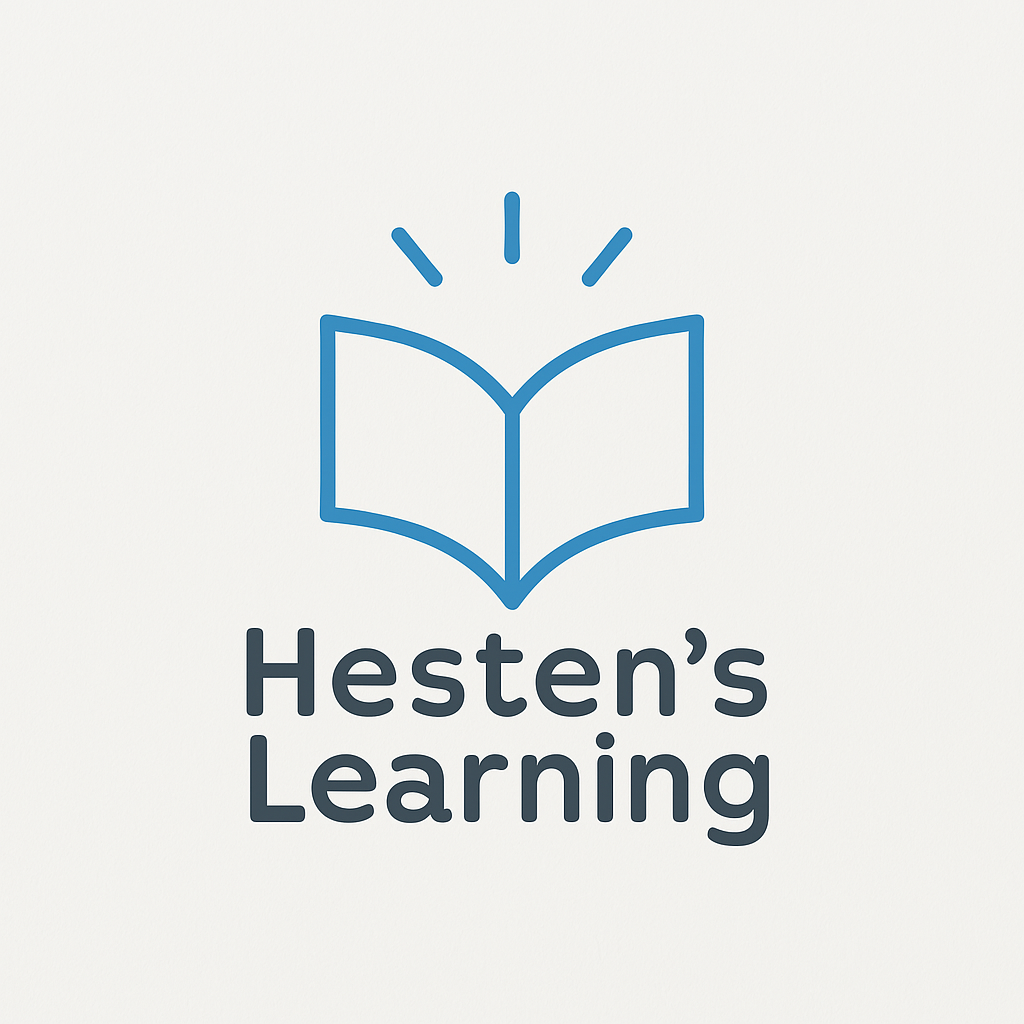Math Curriculum Overview
Module 1: Counting to 5
Topic A: Matching Objects
- Lesson 1: Identify identical objects.
- Lessons 2–3: Match 2 objects that are the same, but….
- Lesson 4: Match 2 objects that are used together.
Topic B: Sorting
- Lesson 5: Make one group with a given attribute.
- Lesson 6: Sort into two groups.
- Lesson 7: Sort the same group of objects in two different ways.
Topic C: How Many Questions with 1, 2, or 3 Objects
- Lesson 8: Count up to 3 objects.
- Lessons 9–10: Arrange and count up to 3 objects in scattered and linear configurations.
- Lesson 11: Arrange and count up to 3 objects to play a game
Topic D: Matching 1 Numeral with up to 3 Objects
- Lesson 12: Match the numerals 1, 2, and 3 to quantities.
- Lesson 13: Make a group of up to 3 objects and match the numeral (concrete to abstract).
- Lesson 14: Look at a numeral and count out a group of objects to match (abstract to concrete).
Mid-Module Assessment: Topics A–D (interview style assessment, 4 days)
Topic E: How Many Questions with 4 or 5 Objects
- Lessons 15–16: Arrange and count up to 5 objects in scattered and linear configurations.
- Lesson 17: Count fingers on the left hand from 1 to 5.
- Lesson 18: Arrange and count 4 objects in an array configuration.
- Lesson 19: Find embedded numbers within 4 and 5 objects.
- Lesson 20: Arrange and count 5 objects in a circular configuration.
Topic F: Matching 1 Numeral with up to 5 Objects
- Lesson 21: Count up to 4 objects and match the numerals.
- Lesson 22: Count up to 5 objects and match the numerals.
- Lesson 23: Make a group of up to 5 objects and match the numeral (concrete to abstract).
- Lesson 24: Look at a numeral and count out a group of objects to match (abstract to concrete).
Module 2: Shapes
Topic A: Two-Dimensional Shapes
- Identify and describe flat shapes (circles, squares, triangles, rectangles).
- Sort and classify two-dimensional shapes.
- Find two-dimensional shapes in the environment.
Topic B: Constructing Two-Dimensional Shapes
- Use materials (e.g., sticks, play-doh) to create shapes.
- Draw two-dimensional shapes.
- Combine simple shapes to form larger shapes.
Topic C: Three-Dimensional Shapes
- Identify and describe solid shapes (cubes, cones, cylinders, spheres).
- Compare two-dimensional and three-dimensional shapes.
- Find three-dimensional shapes in the environment.
Module 3: Counting to 10
Topic A: How Many Questions with up to 8 Objects
- Count up to 8 objects in various configurations (linear, scattered, array).
- Answer "how many" questions for groups of up to 8 objects.
Topic B: Matching One Numeral with up to 8 Objects
- Match numerals 1-8 to quantities of objects.
- Count out a group of objects to match a given numeral.
Topic C: How Many Questions with up to 10 Objects
- Count up to 10 objects in various configurations.
- Answer "how many" questions for groups of up to 10 objects.
- Understand that the last number counted tells the total.
Topic D: Matching One Numeral with up to 10 Objects
- Match numerals 0-10 to quantities of objects.
- Count out a group of objects to match a given numeral.
- Write numerals 0-10.
Module 4: Comparison of Length, Weight, Capacity, and Numbers to 5
Topic A: Comparison of Length
- Compare two objects by length using "longer than," "shorter than," "as long as."
- Order objects by length.
Topic B: Comparison of Weight
- Compare two objects by weight using "heavier than," "lighter than," "as heavy as."
- Use a balance scale to compare weights.
Topic C: Comparison of Capacity
- Compare two containers by capacity using "more than," "less than," "as much as."
- Fill and empty containers to compare capacity.
Topic D: Comparison of Numbers to 5
- Compare two groups of objects (up to 5) using "more than," "less than," "the same as."
- Match quantities to compare.
Module 5: Addition and Subtraction Stories and Counting to 20
Topic A: Writing Numerals 0-5
- Practice writing numerals 0, 1, 2, 3, 4, and 5.
- Form numerals using various materials.
Topic B: Addition Stories (Numbers 1-5)
- Act out and model addition stories with objects and drawings (sums up to 5).
- Solve "add to with result unknown" and "put together with total unknown" problems.
Topic C: Subtraction Stories (Numbers 1-5)
- Act out and model subtraction stories with objects and drawings (minuends up to 5).
- Solve "take from with result unknown" problems.
Topic D: Decontextualizing Subtraction Stories
- Represent subtraction stories using fingers, cubes, or drawings.
- Connect concrete actions to abstract representations of subtraction.
Topic E: Duplicating and Extending Patterns
- Duplicate simple AB, AAB, ABB patterns.
- Extend simple patterns.
Module 6: Analyzing, Comparing, and Composing Shapes
Topic A: Building and Drawing Flat and Solid Shapes
- Describe and identify flat (2D) and solid (3D) shapes.
- Build shapes from components (e.g., sticks and clay).
- Draw shapes.
Topic B: Composing and Decomposing Shapes
- Combine simple shapes to form larger shapes (composing).
- Break apart larger shapes into smaller shapes (decomposing).
- Explore how shapes fit together.
Language Arts Module 1
Content for Language Arts is currently being developed. Please check back soon!
Science Module 1
Content for Science is currently being developed. Please check back soon!
Social Studies Module 1
Content for Social Studies skills will be added here, structured by topics and lessons.
- Lesson 1: Learning about my community.
- Lesson 2: Understanding family roles.
- Lesson 3: Discovering local landmarks.
Skill Plans Overview
Here you can find an overview of the full Pre-K skill plan across all subjects, helping you map out your learning journey.
(e.g., downloadables, full curriculum maps, progress tracking coming soon!)
